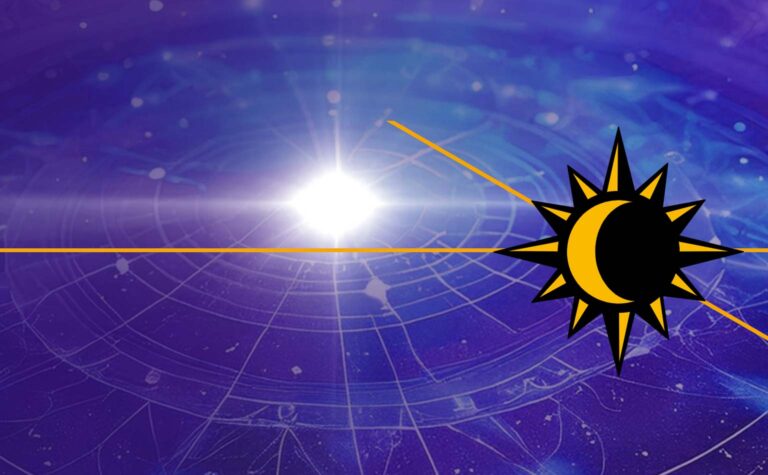This might sound a bit callous, but I don’t know what has been more shocking for me today: watching footage of the devastating and of course tragic tsunami that has struck northern Japan, or seeing a disturbing photograph of a gigantic half-ton jellyfish, one of millions that have apparently gathered off Japan’s western coast.
I don’t think anyone can remain untouched by the live television footage of the tsunami sweeping away entire villages and towns as it pushed inshore. Just watching it online, I felt completely helpless. However for me, the gathering of those jellyfish tells us something even more important.
Sea temperatures are rising. The natural predatory order of things in the oceans is being destroyed by overfishing. Something is profoundly wrong with our world.
Natural disasters are truly horrific. But earthquakes, typhoons and hurricanes have been happening since the days of dinosaurs, and before. Humanity has, for the most part, learned to roll with Nature’s punches, to bury and mourn its dead, and to clean up pretty efficiently. Things calm down, until, that is, the next natural disaster arrives.
However, what chills my blood is our abysmal failure as humans to care for what actually sustains us. So few of us seem to notice that our ecosystems are dramatically changing their behaviour – the jellyfish are just one example – and, clearly, we don’t seem to care enough to do anything really serious about it.
The Telegraph’s tsunami headline – ‘Japan shares tumble, yen falls after massive earthquake’ – made me despair. Even in the face of terrible suffering and loss, still what matters, it seems to me, is stock prices and global markets. Yet, imagine media headlines saying ‘Japan shares tumble after giant jellyfish found in huge numbers off coastline.’
Of course it’s right and essential to cover human tragedy. But to me, the far more worrying long-term story concerns the jellyfish – yet another warning, among many similarly downplayed, that the world we know is shifting, very fast indeed, and that humanity almost certainly is heading for catastrophe far worse than what an individual earthquake, however dreadful, can throw at us.
Even though I am used to writing about death, dying, and endings, I am left feeling frustrated and impotent, and mindful of an end-of-the-world prophecy I read a while ago.
Many people scoff at these predictions, and I can understand why. No one wants to contemplate the end of the world. Not when you’ve got central heating, a 4×4 parked outside, and your grandchildren coming for Sunday lunch. But I think the Native American Onkwehonwe people might have a point. They saw how their seventh generation would see the time when ‘birds would fall from the sky. The fish would die in the water. And man would grow ashamed of the way that he had treated his Mother and Provider, the Earth.’
Now, that’s a prophecy I can believe.








1 comment
Alys
This is very poignant.
And your you tube video of Japan collapsing gives them no way out. Some people have raised the issues of Japan’s destruction of Dolphins and Whales and feel that the sea is responding. Yet, this seems to go beyond the planet…